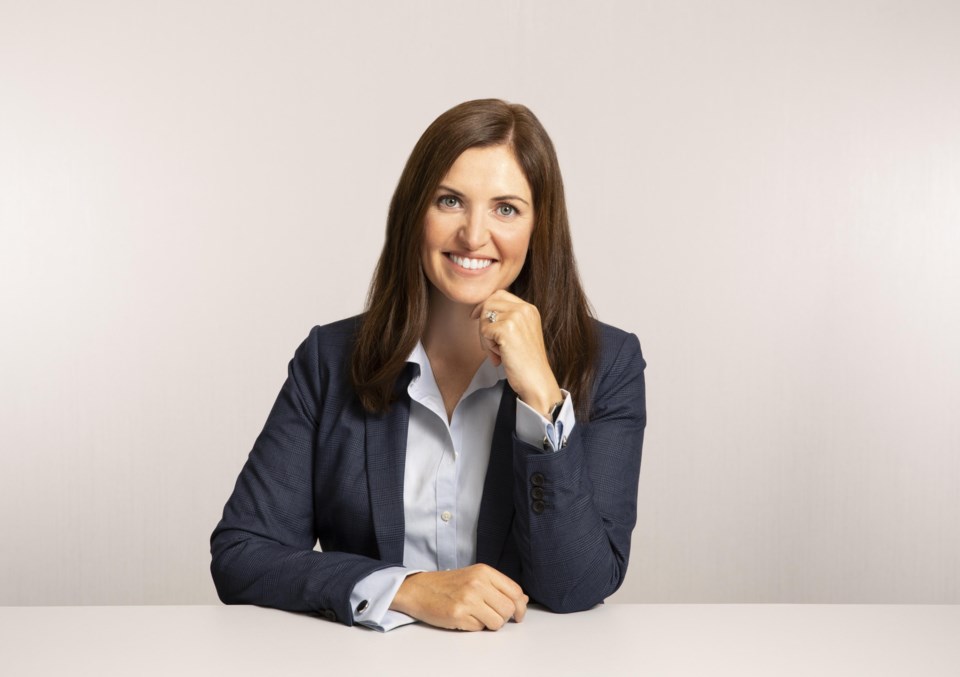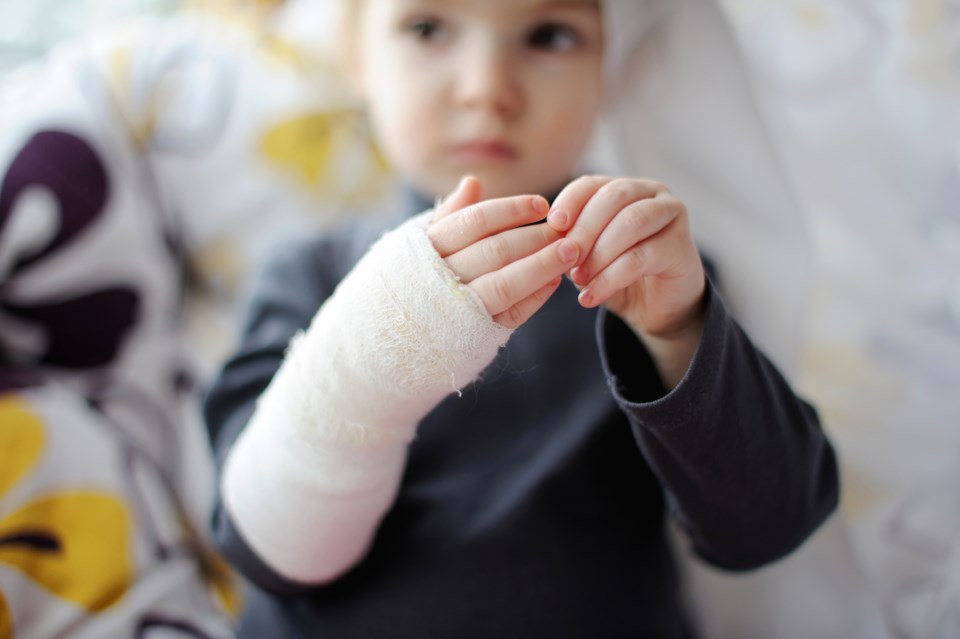It’s every parent’s worst nightmare. Your child is injured because of someone else’s negligence. It could have happened during birth, at daycare, or even in a serious car accident.
Your child has legal rights that need to be protected. Catherine Shearer, a partner at McKenzie Lake Lawyers in Guelph says, “Children are entitled to full compensation if they have been injured due to the negligence of others. The compensation could include pain and suffering, economic losses, and past and future care costs.”
However, since a child is legally incapable of making their own decisions, a parent or guardian needs to be appointed as their litigation guardian.
What is a litigation guardian?
A litigation guardian is most often a parent who would like to move forward with an action on their injured child’s behalf, by filing an affidavit declaring that they consent to act as the litigation guardian.
An appointed lawyer will set out the litigation guardian’s relationship to the child and establish that the litigation guardian has no adverse interest in the proceeding and would be responsible for any costs awarded against the minor child.
Shearer says, “The litigation guardian will then be able to act on behalf of the injured child. If there is no parent able to act in that process, then a guardian can be appointed through a court application process.” The litigation guardian will make decisions and instruct counsel while acting in the child’s best interest.
Protecting the child’s settlement
The court is given information and background on the settlement for compensation and how the injured child is doing. Shearer says, “To ensure that the resolution of the lawsuit is in the best interest of the child, any settlement reached must be approved by a Judge of the Ontario Superior Court before it is binding.”
Any awards or settlements for compensation must be paid into court or into a structured settlement, which is like an annuity that accrues interest and at some point, begins paying out, usually when the child turns 18.
“That’s if the child who is now an adult has capacity,” says Shearer. “If they do not have capacity, the guardian or someone who has power of attorney ensures those funds are being spent correctly. There is an accounting that needs to be done with the court system.” If at age 18, the child does not regain capacity, care and spending considerations are decided on a case-by-case basis.
Continuing medical expenses
If a child has sustained a very serious injury such as a birth injury and does not have capacity at age 18, arrangements can be made for ongoing medical expenses.
It is highly recommended that people leave large settlements in some form of structure so that the money is there for the lifetime of care because that is what it’s intended for. When a structure is submitted to the court, it can stipulate that certain funds be made available in trust to ensure the child receives treatment and support until they’re able to access the funds themselves, or to be further managed by a guardian.
Contact a lawyer to protect your rights
If the unimaginable happens and your child is seriously injured as a result of negligence, the first step is to get the child medical attention. It’s best to contact a lawyer as soon as the child’s condition is stabilized to allow you to protect your and your child’s rights.
Shearer says, “A lawyer could offer advice on liability, typical damages, the legal process, and getting a litigation guardian appointed to ensure someone is making decisions on behalf of the child with respect to the commencement of litigation.”
The legal process to recover damages on behalf of an injured child is complicated and can be quite scary. A frightened and confused parent shouldn’t have to worry about legal complexities in addition to their child’s welfare. Contacting a lawyer you can trust and rely on is essential to navigating the long road ahead with confidence.
Catherine Shearer would be happy to provide you with a free, no obligation consultation to offer you an opinion and guidance on how to make decisions in the best interest of your child.
For more information contact Catherine Shearer at (226) 203-1243 Email: [email protected]

